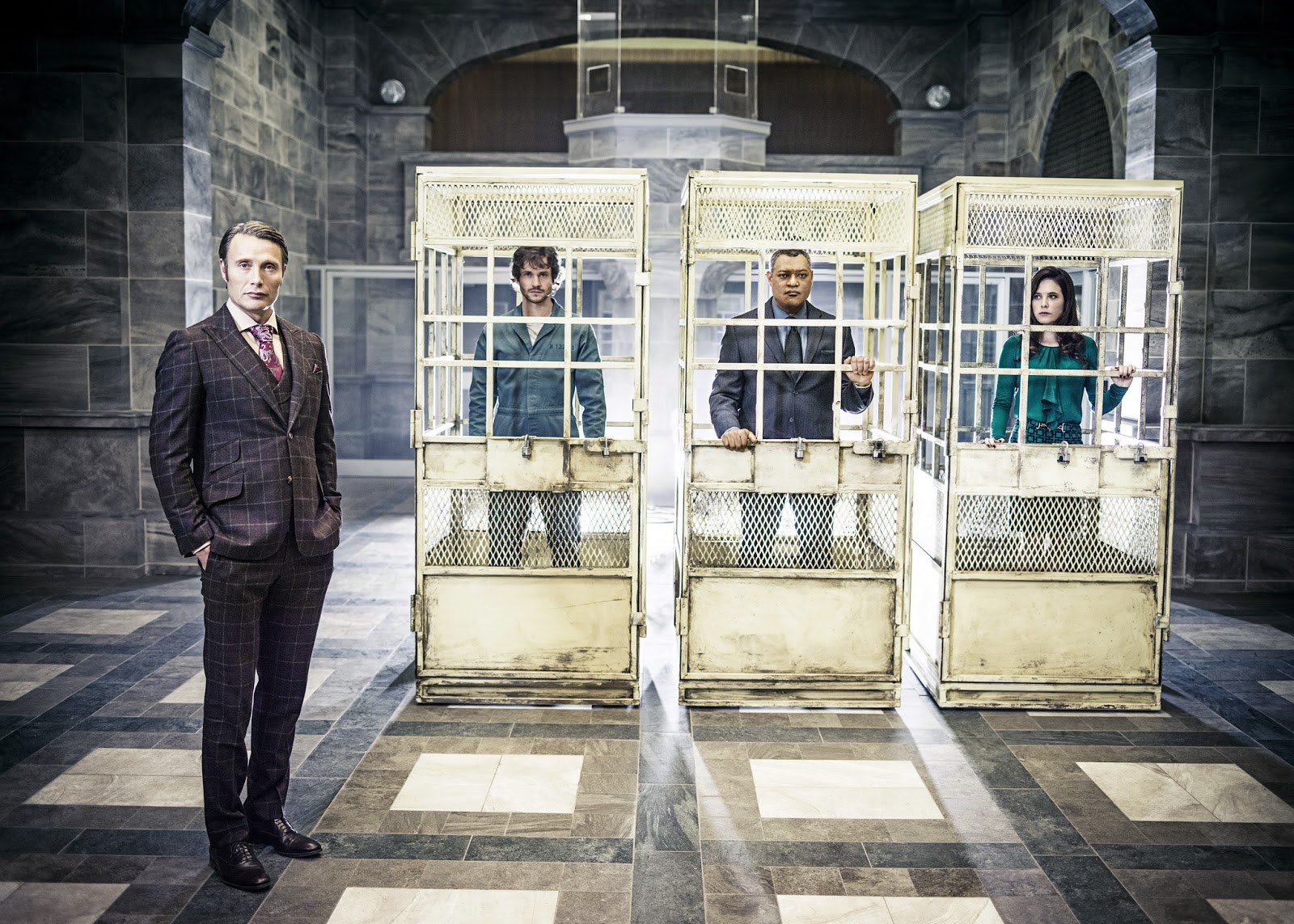* spoilers *
Justine, a lifelong vegetarian, goes to veterinary school where her sister already attends. She complies with her parents wishes in all things, shown when she refuses to eat when accidentally given meat. Her mother's reaction is way over the top as she berates the server who gave it to her. Justine dresses conservatively in clothing that makes her look much younger. She is woefully unprepared for the school's hazing and party atmosphere which hits her like a freight train. The very first night, students are dragged out of their beds and forced to party for hours while the elders trash their rooms and party even harder. It's the first time Justine has had so much freedom plus access to alcohol, drugs, and sex. Her initial reaction is confusion and withdrawal. She reconnects with her sister Alexia and avoids the rest of the party.

In one of many hazing rituals, Justine eats a piece of rabbit kidney, pressured by her Alexia after refusing. Despite the fact that she threw up just after she ate the kidney, the effects of the meat wreak havoc on Justine's body in the form of itchy, huge rashes that she scratches until they bleed. When she's treated for the rash and it finally goes away, she find herself craving meat. It starts out as attempting (and failing) to steal a hamburger patty from the cafeteria and then eating schwarma at a gas station, away from the prying eyes of classmates with her friend Adrien. It seems fairly normal for a person to push the boundaries past what they were allowed at home and explore other choices not endorsed by parents. But then she escalates to secretly eating raw chicken and finally eating human meat.

The scene where Justine finally has the opportunity to eat human flesh changes tone lightning fast. Alexia convinces Justine to let her wax her bikini line. Alexia views Justine's body hair as a sign of immaturity and naivete. The first side goes well, but of course it's painful. Justine tries to say no to any further, but Alexia already puts the gunk on the other side and it's stuck. This scene feels realistic and like the type of thing sisters would do together that goes hilariously wrong. The turn comes when Justine kicks wildly and Alexia's finger is lopped off by the scissors meant to cut out the wax. Alexia faints while Justine is left alone with the severed finger. Her fascination with and eventual consumption of it feels so forbidden and uncomfortable to watch. Every fiber of my being was silently screaming no. After the incident, Alexia covers for Justine and reveals she also eats people, but chooses to kill in order to do so. She opts to show Justine how she does it instead of talking to her about it, likely a familial habit to avoid uncomfortable conversations. Justine rejects Alexia's method as immoral, but she still craves human flesh.

Sexual desires accompany the craving as well. Justine starts to dress in more revealing, formfitting outfits, wearing makeup, and being more open to the school's party atmosphere. In one scene, she is splashed with blue paint and shoved into a room with a guy covered in yellow paint and told they wouldn't be allowed out until they are both green. Normally she would just leave, but she chooses to touch and kiss. The scene ends with the guy screaming with a chunk bitten out of his lip. Another instance of this when she has sex with her best friend Adrien. Throughout the encounter, her attempts to bit him were rebuffed and redirected. She only achieves orgasm when she bites on her own arm so hard she draws blood. Adrien seems fascinated by her but later lashes out when he feels his sexuality is threatened. Much like Claire Denis' Trouble Every Day, the cannibalistic urges are inextricably entwined with her sexual desires.

At the heart of this film, Raw is about two sisters dealing with the exact same feelings and trying to deal with them in different ways. Justine hasn't really decided concretely how to deal with it, but soundly rejects Alexia's method. The rejection causes an unspoken rivalry and enmity between the sisters that culminates a series of increasingly violent events. The first is Alexia's very public humiliation of Justine. The second is a fight between them involving savage biting that was also a public display in front of their classmates. The fight ends with others rushing in to pull them apart. Justine and Alexia fight free and go off together to tend each other's wounds, showing that they still care for each other despite everything. All of this culminates in Alexia murdering and eating Adrien, the object of Justine's affection, lust, and hunger. The central conflict is essentially a sibling rivalry that goes further than most.

After the murder, Justine returns home, forced to return to her vegetarian, controlled life with her parents. Justine isn't the same, rejecting their food and refusing to be the person they want her to be. Her father reveals that her mother has that same cannibalistic lust when he shows her his bare chest full of scars and partially healed wounds. He thinks she will find her own solution to the problem, which boils down to society's view of womanhood compared to the reality. This includes female sexuality, anger, and rebellion with an added fantastical layer of violence and taboo in cannibalism. Both Alexia and Justine were raised in a restrictive household that didn't prepare them for the realities of the real world, how to communicate in healthy ways, or even the changes of their own bodies, which caused this whole mess.

Raw is a fascinating coming of age film that takes the concept from Trouble Every Day and gives it relevant meaning, interesting characters, and a true plot with direction. The acting is superb, especially from Garance Marillier as Justine. Julia Ducournau's writing and direction put the viewers right into Justine's journey in alternately relatable and offputting ways. I didn't love Raw the first time I saw it because of the fainting people hype. I expected it to be a lot gorier. I braced myself for the worst and came away disappointed. However, after repeated viewings, the story and characters ring so true. The film has an odd, magnetic quality that shows an honest coming of age story with humor, horror, and emotion.
My rating: 5/5 fishmuffins



























